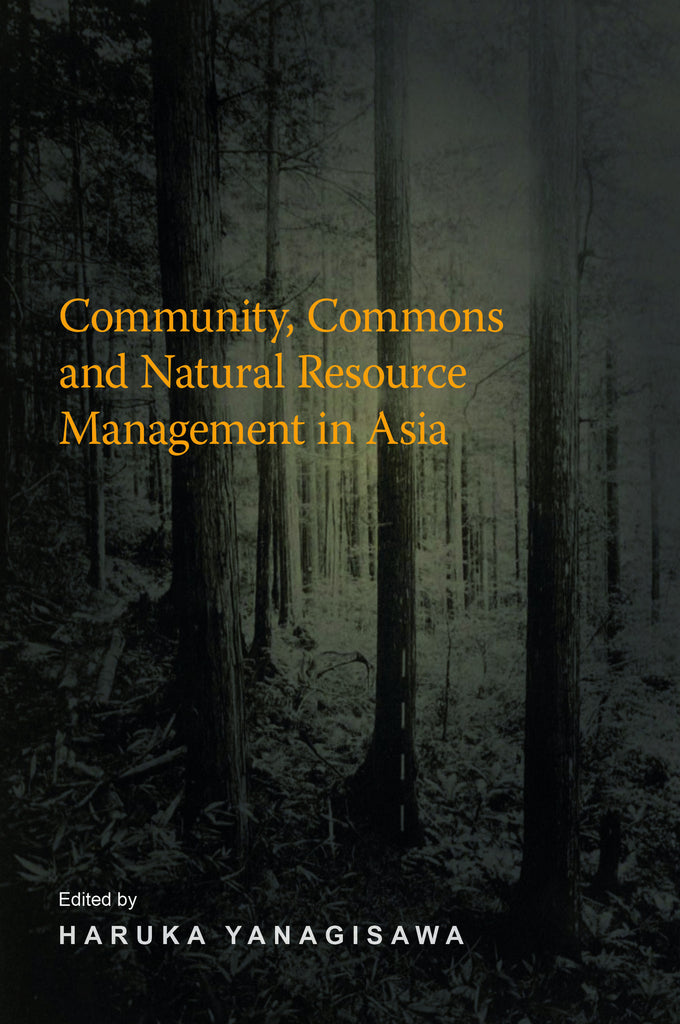Community, Commons and Natural Resource Management in Asia
$42.00 SGD
Managing the commons—natural resources held in common by particular communities—is a complex challenge. How have Asian societies handled resources of this sort in the face of increasing marketization and quickly growing demand for resources? And how have resource management regimes changed over time, with state formation, modernization, development, and globalization?
Community, Commons and Natural Resource Management in Asia brings clarity, detail, and historical understanding to these questions across a variety of Asian societies and ecological settings. Case studies drawn from Japan, Korea, Thailand, India, and Bhutan examine fisheries, forests, and other environmental resources held in common. There is a tendency to imagine that traditional communities had socially equitable and environmentally friendly systems for managing the commons, but natural resources in Asia were often under free-access regimes. Resource management developed in response to social and economic pressures, and the state has been at various times both a beneficial and a negative influence on the development of community-level systems of managing the commons. The chapters in this volume show that a simple modernist framework cannot adequately capture this process, and the institutional changes it involved.
“presenting sound scholarship from an Asian-centric perspective…The book is a welcome addition to Asian environmental studies. It has broad appeal, making it relevant for environmental policymakers, social scientists, and historians alike.” - Tobias Lantz, Environmental History
"...a rich compilation of chapters on the dynamics of Asian natural resource commons, and a valuable contribution to the common-pool resource literature."
Wil de Jong, Centre for Integrated Area Studies, Kyoto University
Haruka Yanagisawa is Professor Emeritus at the University of Tokyo. He was awarded the Okita Memorial Prize for International Development Research in 2014.
Publication Year: 2015
272 pages, 229mm x 152mm
ISBN: 978-9971-69-853-9, Paperback
NUS Press

